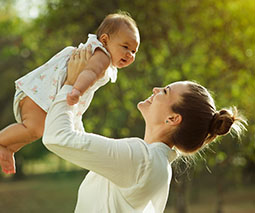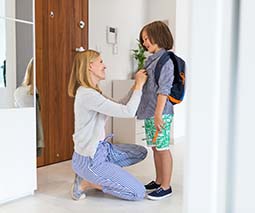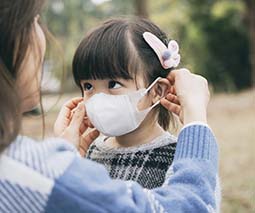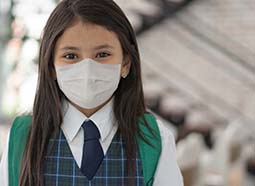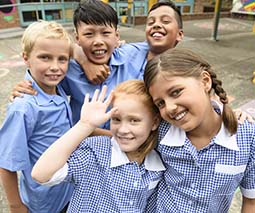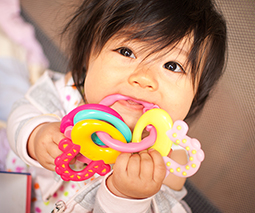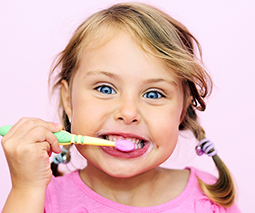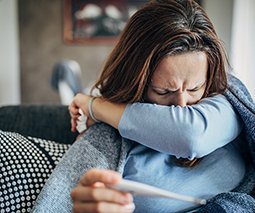Fact check: Why kissing newborn babies can be fatal
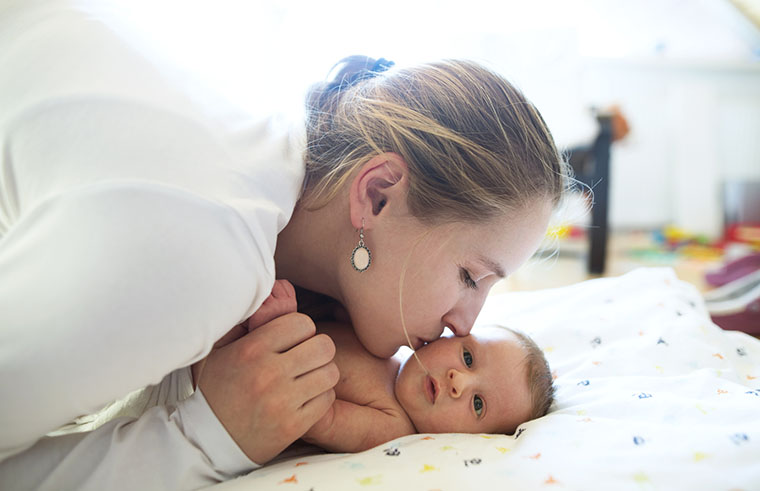
A few terrible cases recently have prompted concerns about the wisdom of kissing small babies, with parents worrying that their children could catch herpes and become ill – or even die. But just how easily is this common virus passed from grown-ups to little ones?
Herpes can be fatal for babies
Around 67 percent of the population is infected with the Herpes Simplex Virus 1 (HSV-1), whether they realise it or not. Many people never show symptoms of this virus, which can mean they don’t realise they might be at risk of infecting others.
Jeff Gober’s daughter Mallory died as a result of HSV-1 when she was just three weeks old.
“Nobody ever kissed her on the mouth,” Jeff wrote on parenting site Cafe Mom. “In spite of that, she caught HSV-1 within her first week of life and we had to watch her die slowly for nearly two weeks. Mallory could not keep her hands out of her mouth and eyes and she was constantly sucking on her fingers, so it’s almost certain that the virus got onto her hands at some point. It is possible to be contagious even without an active cold sore.”
“The herpes simplex virus spreads between people, usually through contact with saliva or direct contact with a blister,” the Victorian Government’s Better Health channel says. “The most infectious time is in the first few days when the blister is forming. Sometimes, people can pass the virus to others when they have no symptoms. This is because the virus may be lying dormant in the skin cells of the lips.”
“Stay away from babies”
Lucy Kendall’s 12-day-old baby, Oliver, spent eight days in a high-dependency unit, and a total of 21 days in the hospital after contracting neonatal herpes. Thankfully Oliver pulled through, but the family got the fright of their lives.
“Me and my partner are clear of the herpes virus and nobody kissed Oliver,” Lucy explained on her Facebook, warning people to stay away from babies if they have a cold sore or blisters.
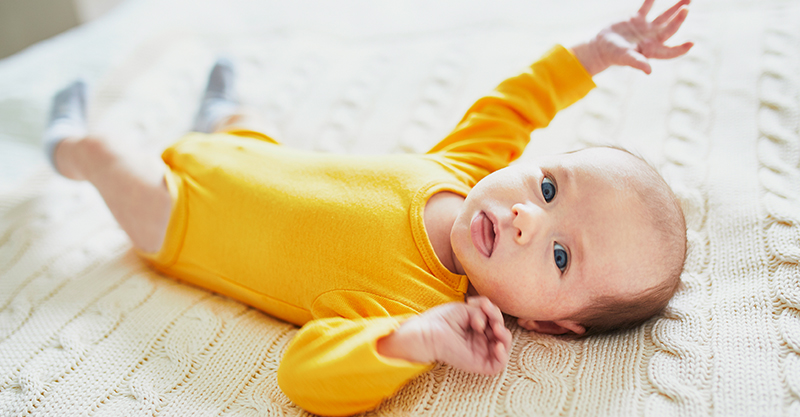
The riskiest time
Babyology spoke to nurse, neonatal expert and CPR Kids operations manager Nicole Ovens to find out more, and she confirmed what these parents have stressed.
“Many people are infected with herpes simplex virus type 1 (cold sore virus),” Nicole said. “In some people, the virus lies dormant without ever progressing to symptoms. These people have no idea they have the virus. In others, painful blisters erupt, ulcerate and weep in and around the mouth, lips, nose and eyes periodically when the virus becomes active.”
Nicole says the virus is most dangerous and contagious when blisters or lesions are present and that “during this period it is important that infants are not kissed.”
Though, it must be stressed, that the number of babies who have died from the virus between 1999 and 2011 remains extremely low at just 29. Still, that’s 29 little lives and 29 families left devastated.
Frequent hand-washing is vital
Nicole says vigilant hygiene is very, very important when tiny babies are involved – cold sore or not. Err on the side of caution.
“There are other very important considerations that will protect an infant and they must also all be strictly adhered to. First and foremost – thorough and strict hand washing is paramount. Food and eating utensils must not be shared. Visitors or children with active lesions should be advised not to have contact with the infant during this time.”
For parents who are worried about their children coming into contact with the herpes virus, it’s a great idea to chat to your family doctor about your concerns – and discuss your options for treatment and the best ways to keep your kids safe from the virus.
Parents may also like to share these rules for visiting a newborn with any visitors that pop in once baby comes home.
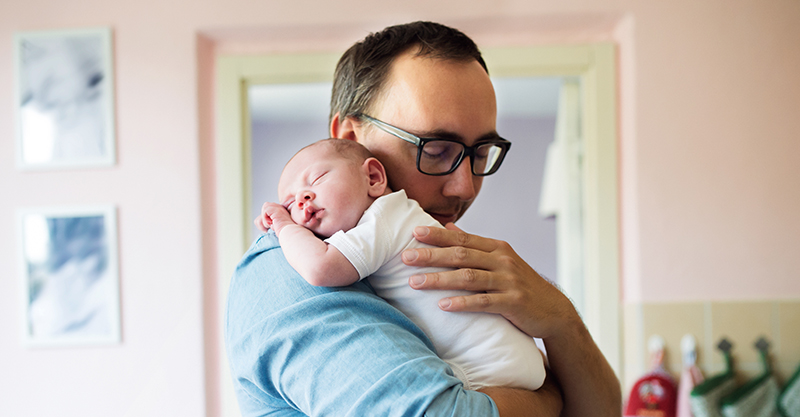
In conclusion …
So, is it a bad idea to kiss infants? It’s a very hard one to answer.
If the person doing the kissing has HSV1, then it would be a bad idea.
To mitigate risk, maintain excellent hygiene and know that those very early weeks are when babies are most at risk from serious complications if they contract HSV1.
And if you know that you or someone close to you is carrying HSV1 and you have any worries about your newborn’s health in those early weeks, err on the side of caution and pop into your trusty GP to get them double-checked. And even if you are not aware of HSV1 in your circle and you have worries about your baby’s wellbeing, seek medical advice.
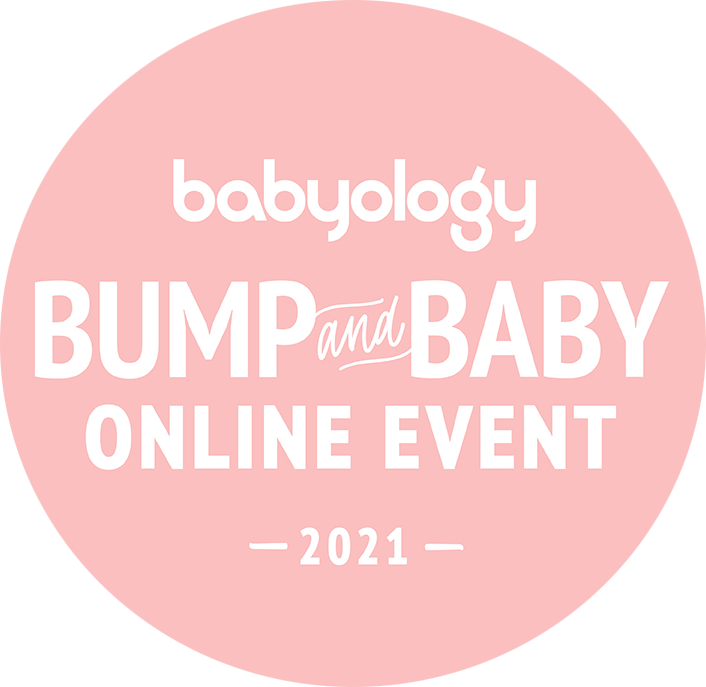 Join the Bump and Baby: The Fourth Trimester online event! With live expert sessions, FREE newborn routine guide & the chance to WIN a $500 Nursery gift voucher. Click here to find out more and make sure you don’t miss a thing!
Join the Bump and Baby: The Fourth Trimester online event! With live expert sessions, FREE newborn routine guide & the chance to WIN a $500 Nursery gift voucher. Click here to find out more and make sure you don’t miss a thing!
